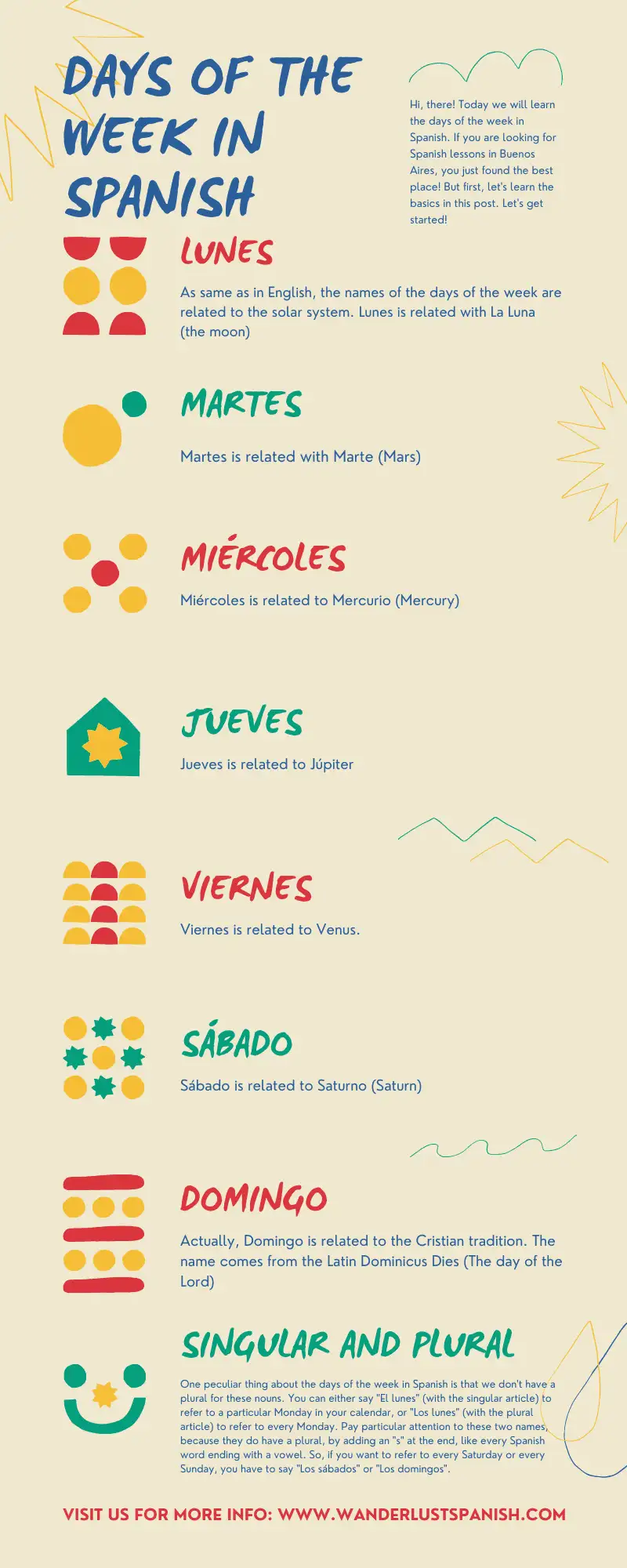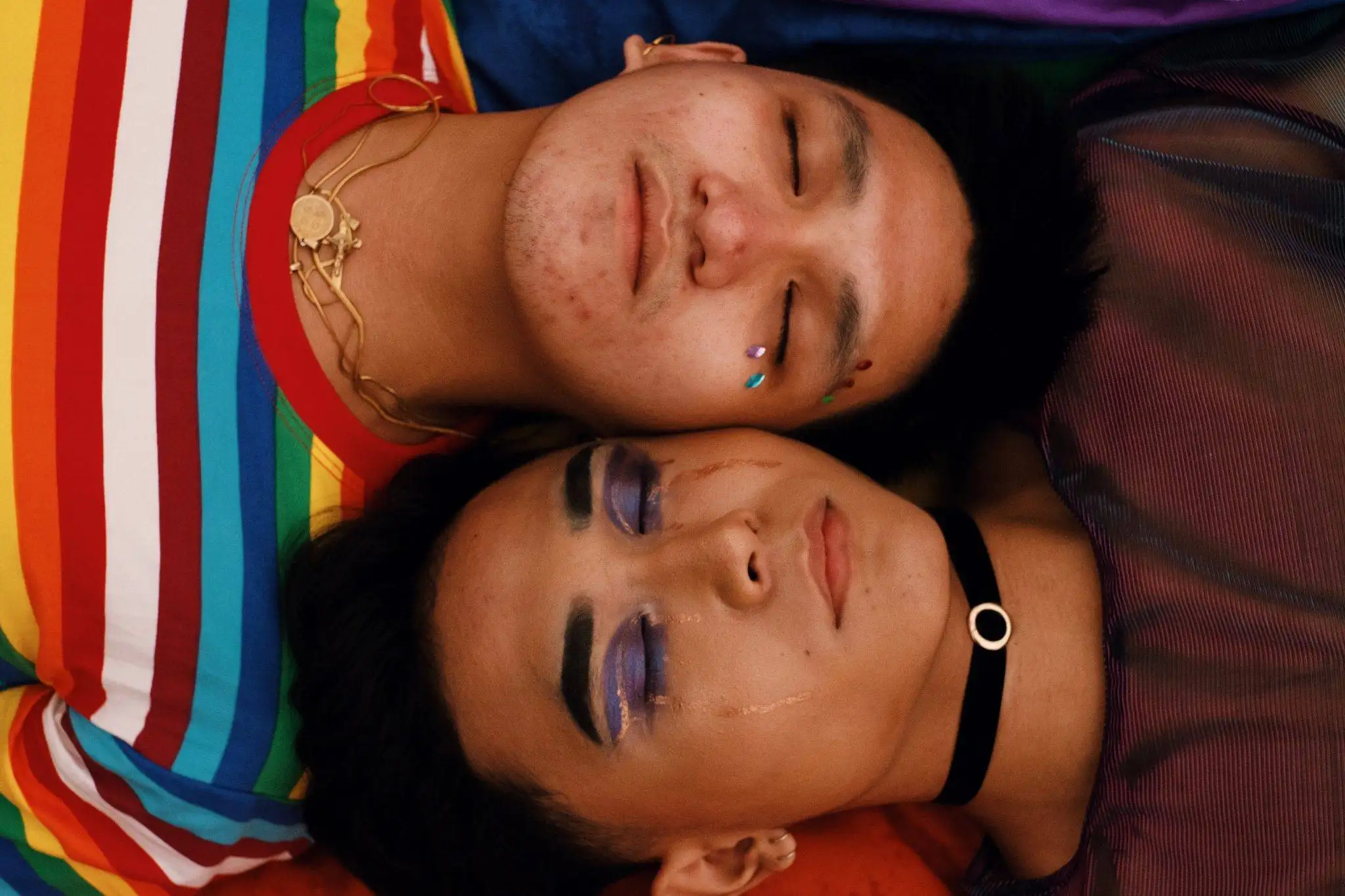Hello, my Spanish students! So, today we will study more about Spanish verb poner and poner conjugation. Because it’s a hard verb. Because it’s very irregular and we have different ways to use it. But, of course, it’s a very important verb and you’ll need it all the time. That’s why we did this post, to help you in improving your Latin American Spanish. First, we’ll review the conjugations. Then, we’ll see some examples of the uses. So that why you can see the complete explanation of PONER.
And, with Wanderlust you’ all will study the real Latin American Spanish in a funny and dynamic way. So, let’s get started! Last but not least: the best way to learn Spanish is having fun, but don’t forget to study the conjugations. I mean, it’s not necessary to be a nerd, but it’s okay if you are one (actually, we all are). Actually, helps a lot! Hahaha. Because the key to good learning is the perfect combination of two things. First, the connection with the language and culture. Then, the study of grammar. So, there’s no magic way to learn if you don’t study the grammar rules.
Here we go!
Conjugation verb poner
Contents
So, poner, as all the verbs, has three non conjugated forms:
Infinitive form: poner Gerund: poniendo Participle: puesto
Now, let’s see the conjugations of the different tenses of the verb:
Present tense
- yo pongo
- tú/vos pones
- él/ella/Ud. pone
- nosotros ponemos
- ellos/ellas/Uds. ponen
Future tense
- yo pondré
- tú pondrás
- él/ella/Ud. pondrá
- nosotros pondremos
- ellos/ellas/Uds. pondrán
Imperfect past
- yo ponía
- tú ponías
- él/ella/Ud. ponía
- nosotros poníamos
- ellos/ellas/Uds. ponían
Present perfect
- yo he puesto
- tú has puesto
- él/ella/Ud. ha puesto
- nosotros hemos puesto
- ellos/ellas/Uds. han puesto
Past perfect
- yo había puesto
- tú habías puesto
- él/ella/Ud. había puesto
- nosotros habíamos puesto
- ellos/ellas/Uds. habían puesto
Future perfect
- yo habré puesto
- tú habrás puesto
- él/ella/Ud. habrá puesto
- nosotros habremos puesto
- ellos/ellas/Uds. habrán puesto
Conditional perfect
- yo habría puesto
- tú habrías puesto
- él/ella/Ud. habría puesto
- nosotros habríamos puesto
- ellos/ellas/Uds. habrían puesto
Conditional
- yo pondría
- tú pondrías
- él/ella/Ud. pondría
- nosotros pondríamos
- ellos/ellas/Uds. pondrían
Past Simple
- yo puse
- tú pusiste
- él/ella/Ud. puso
- nosotros pusimos
- ellos/ellas/Uds. pusieron
IMPERATIVE
- pon tú
- ponga él/ella/Ud.
- pongamos nosotros
- pongan Uds.
SUBJUNCTIVE
Present
- yo ponga
- tú pongas
- él/ella/Ud. ponga
- nosotros pongamos
- ellos/ellas/Uds. pongan
Imperfect past of Subjunctive
- yo pusiera
- tú pusieras
- él/ella/Ud. pusiera
- nosotros pusiéramos
- ellos/ellas/Uds. pusieran
Present Perfect of Subjunctive
- yo hubiera puesto
- tú hubieras puesto
- él/ella/Ud. hubiera puesto
- nosotros hubiéramos puesto
- ellos/ellas/Uds. hubieran puesto
Spanish verb poner
Now, we’ll see the uses of this verb. But, remember, sometimes depending on which country you are, the uses can change a little bit. Especially when you compare Latin America with Spain.
So, the first use of the verb is a reflexive verb and refers to the use of clothes. And, the translation is “to put on”. So, for example:
- -Me puse la remera
- -¡Hace calor! ¿Por qué te pusiste el abrigo?
- -Nos pusimos el buzo al revés
Then, the second use is as a verb of change (it is also reflexive) and we use it to refer to a sudden change of state. And, the translation is “to become”. So, for example:
- Me puse nerviosa
- Me puse feliz
- Te pusiste colorada
Finally, the last use is to refer to the action of placing things in a place. And, this is non-reflective. Then, the translation is “to put”. So, for example:
- Voy a poner agua a hervir
- Pongo el celular arriba de la mesa
- Ponemos la bicicleta en el balcon
On the other hand, we also have some expressions that we use with this verb.
-Me puse en pedo
(I got drunk)
-Me puso una multa
(He/she gaves me a fine)
-Me tengo que poner a estudiar/trabajar
(I have to start to study/work)
-Ponerse de pie
(to stand up)
-Ponerse de rodillas
(to kneel, to fall to one’s knees)
So, if you want to learn more Spanish, contact us and start to learn today! Firstly, because we offer you one trial class to know our teachers. Then, because we have all native teachers from different countries of Latin America in order to show you the real Spanish we speak. So, there’s no time to waste! Because learning a language is get in touch with a new world.









